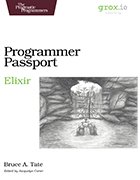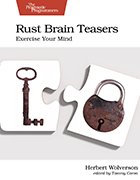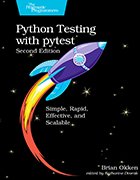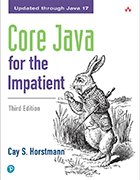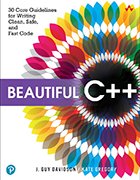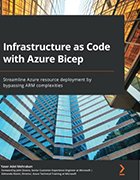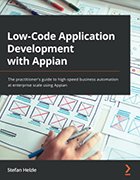8 coding books to read in 2023
Coding books are a great learning resource for developers of all skill levels and backgrounds, offering authoritative and comprehensive coverage of a specific topic area.
Coding books are a resource for both burgeoning programmers and seasoned coders alike.
They provide knowledge and understanding of the foundations and fundamentals that define the world of computer programming. They also provide opportunities to gain insights from industry experts and from real-life examples and problems. By studying the work of experienced coders, one can pick up tips and tricks for better coding practices, learn helpful debugging techniques, and get insights into creating a more efficient coding environment.
There is always more to learn in the development space. Reading coding books is a great way to stay up to date with the latest trends and techniques in programming, as well as discover new tools and libraries that might be useful in future projects.
Nondevelopers too can find value in coding books. IT personnel and IT-adjacent workers -- a category that encompasses more people as time goes on -- can benefit from knowledge of programming at any level.
Here are eight coding books to hone your skills and learn something new about computer programming.
1. Code: The Hidden Language of Computer Hardware and Software
Publisher: Pearson
Author: Charles Petzold
Code shows the fundamentals of computing -- the "secret inner life of computers" -- using everyday objects and systems, such as clocks, flashlights and Morse code. It shows how the basic operations that govern these devices also govern more complex systems, such as software and smartphones, building upon each concept using easy-to-understand diagrams.
2. Programmer Passport: Elixir
Publisher: The Pragmatic Programmers
Author: Bruce A. Tate
From the Programmer Passport series comes Elixir, a practical guide to the Elixir programming language. Developers can use this book to learn Elixir quickly with a handful of techniques, such as writing a custom Mix task, mapping manipulation or using macros. It also covers knowledge gaps that Elixir users commonly face, such as binaries and sigils.
3. Rust Brain Teasers: Exercise Your Mind
Publisher: The Pragmatic Programmers
Author: Herbert Wolverson
Rust, like all programming languages, has its own set of quirks. Rust Brain Teasers uses fun, challenging puzzles to get readers accustomed to these quirks and help patch gaps in their knowledge of the language. Many of the puzzles contained within come from the author's own trials and tribulations with Rust programming.
4. Python Testing with pytest
Publisher: The Pragmatic Programmers
Author: Brian Okken
This guide helps readers write readable, simple and effective Python tests using the pytest framework. By following the book's simple step-by-step instructions and sample code, readers will find that using pytest's fixture model for writing small tests can be just as easy as scaling up to complex functional tests.
5. Core Java for the Impatient
Publisher: Pearson
Author: Cay S. Horstmann
This guide to one of the most popular programming languages covers all the core basics, including fundamental programming structures, object-oriented programming concepts, stream operations, lambdas and the Java Platform Module System. This book is a quick-reference resource, with information broken up into digestible chunks.
6. Beautiful C++: 30 Core Guidelines for Writing Clean, Safe and Fast Code
Publisher: Pearson
Authors: J. Guy Davidson and Kate Gregory
Beautiful C++ helps developers improve their style to write code that makes the most out of the language and avoids pitfalls such as bikeshedding. Readers can use this book as a starting place to learn something new and useful about C++ through conceptual insights and expert sample code aligned closely with the official C++ Core Guidelines.
7. Infrastructure as Code with Azure Bicep
Publisher: Packt Publishing
Author: Yaser Adel Mehraban
This book covers the Bicep programming language -- Microsoft's domain-specific language for deploying Azure resources. It begins with a basic definition and history of Bicep and goes on to explain how the language can be used to avoid common issues related to Azure Resource Manager (ARM), such as parameter duplication. Readers need a functional understanding of infrastructure as code, ARM templates and the Azure command-line interface to use this book.
8. Low-Code Application Development with Appian
Publisher: Packt Publishing
Author: Stefan Helzle
This practical guide to Appian puts readers in a fictional, enterprise-scale development project where they will learn to automate complex business processes using step-by-step explanations and practical examples. Readers will advance from no-code to low-code in their journey to create a working, enterprise-ready application using Appian.

.jpg)
